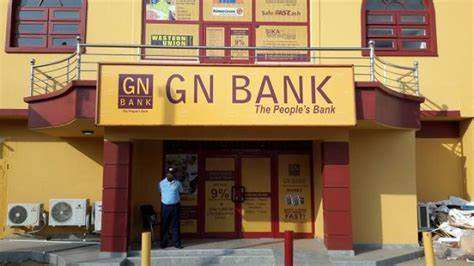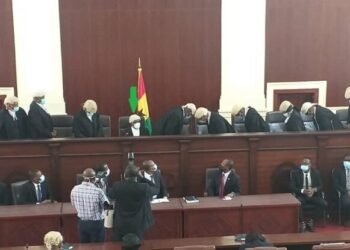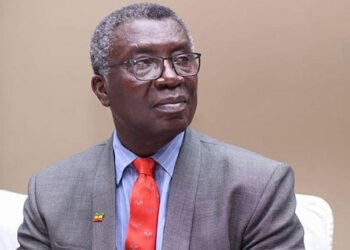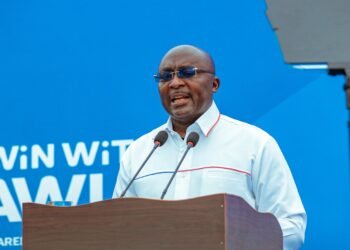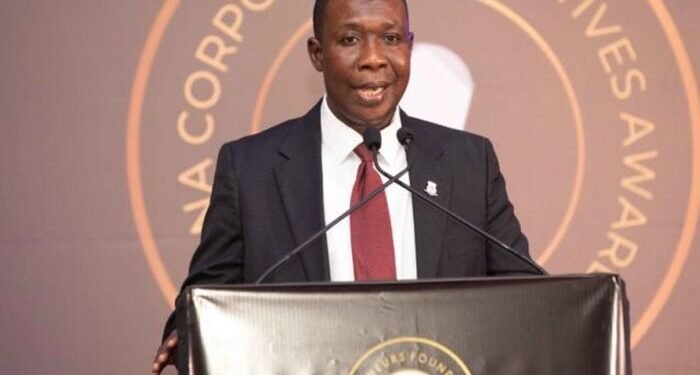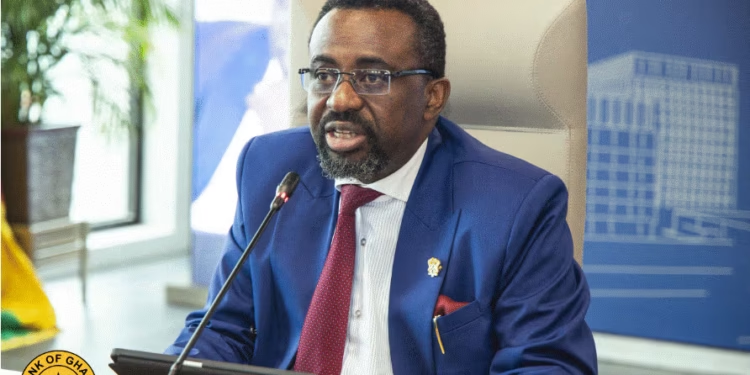Groupe Nduom Limited, the parent company of GN Savings Limited, has issued a vehement call for the Bank of Ghana (BoG) to restore and upgrade the GN Savings license.
The Corporate Affairs Department of Groupe Nduom, in a statement, asserted that the Bank of Ghana’s August 16, 2019, declarations concerning the financial state of GN Savings were “wildly inaccurate” and misrepresented the institution’s financial health.
The statement began by stating that on August 16, 2019, the Bank of Ghana placed GN Savings into receivership, citing insolvency based on a supposed capital shortfall with the claim that GN Savings had only GHS 30.33 million available.
The statement, while asserting that the figure in question is grossly understated further posited that the company had substantially more assets and liquidity than indicated by the BoG, which should have been considered before declaring its insolvent.
“GN Savings complied with all requirements laid down by BOG as a savings and loans company and wrote a detailed report in June 2019 to prove that its business was moving positively forward. These facts are indisputable. BOG made a mistake that it must admit to and correct.
‘Today, the Government of Ghana, its agencies and contractors owe Groupe Nduom companies over GHS7.1 billion. With this money, customers will be paid and GN Savings will have enough capital to become a universal bank again”.
Corporate Affairs Department, Groupe Nduom
In its detailed press release, Groupe Nduom highlighted several key issues that it believes were not appropriately addressed by the Bank of Ghana leading to the revocation of the license of GN Savings.
The statement recounted that neither GN Savings’ shareholders nor its management received official notification from the Bank of Ghana regarding the receivership.
This lack of communication, the statement noted raises questions about the transparency and procedural fairness of the Bank of Ghana’s actions.
Touching on the solvency and liquidity of GN Savings at the time of its revocation, the statement strongly stated that it was solvent and would have been highly liquid if the Ministry of Finance (MoF) had settled outstanding debts owed to Groupe Nduom companies.
These debts, the statement indicated amount to over GHS 7.1 billion, a stark contrast to the GHS 30.33 million stated by the Bank of Ghana.
“GN Savings and all other concerned stakeholders will respond with more detail shortly, but in the meantime, we pray that all customers and stakeholders remain calm while we work through this matter with the relevant stakeholders”.
Corporate Affairs Department, Groupe Nduom
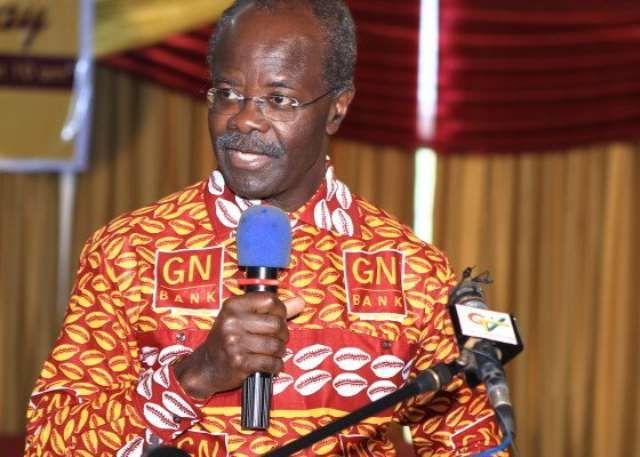
Compliance with BoG Requirements
Furthermore, Groupe Nduom’s statement asserted that GN Savings met all regulatory requirements and had submitted a comprehensive report in June 2019 detailing its positive business trajectory.
The statement noted that the Bank of Ghana allegedly did not review or discuss its report with GN Savings management, which could have highlighted the institution’s compliance and financial improvement.
The statement also refuted the Bank of Ghana’s allegations of illegal foreign currency transfers amounting to $62 million, explaining that these transactions were legitimate and well-documented business operations conducted through International Business Solutions (IBS), a company founded by Dr Nduom.
Moreover, the statement argued that the significant debts owed by various government entities to GN Savings were not adequately considered by the Bank of Ghana.
The statement emphasized that these debts, confirmed by independent audits, should have been factored into the financial assessments of GN Savings.
In addition, Groupe Nduom provided a historical overview of GN Bank’s transition to GN Savings, emphasizing its compliance with regulatory requirements.
The statement recounted that the company was initially established as First National Savings & Loans Company Limited in 2006, which evolved into GN Bank in 2014 after obtaining a universal banking license.
The institution according to the statement expanded significantly, operating over 300 branches by the end of 2018, which in 2016, a BoG-commissioned audit by Ernst & Young confirmed GN Bank’s sound financial health, reinforcing its ability to continue operations.
“In the case of GN Bank, the letter stated explicitly: ‘’At the end of the exercise your bank was assessed to hold adequate provision to your financial exposures.
“You are advised however to continue monitoring of your loans and investments portfolios to ensure that the quality does not deteriorate and to book appropriate provisions when necessary’’. The directors of the bank advised management to take this seriously and guard the reputation of the bank”.
Corporate Affairs Department, Groupe Nduom
However, the statement noted that in 2019, GN Bank was reclassified as a savings and loans company, subsequently becoming GN Savings.
The statement decried that despite meeting the requirements set for this transition, GN Savings faced revocation of its license within months, a decision Groupe Nduom disputes.
Demands and Legal Actions
Highlighting the decisions the Groupe Nduom took before the revocation of the license of the GN Savings, the statement noted that multiple steps to resolve the issue, including petitions to President Nana Akufo-Addo, Vice President Mahamudu Bawumia, and other key officials.
The statement recounted that meetings were held with the former Finance Minister Ken Ofori-Atta and other high-level officials, however, despite these efforts, the company faced a sudden license revocation, prompting legal actions to seek justice and license restoration.
In a fervent call to action, Groupe Nduom called on the Bank of Ghana to rectify what it describes as a grave error by restoring GN Savings’ license.
The press statement underscored the significant impact of the government’s unpaid debts on GN Savings’ liquidity and capital challenges.
It asserted that GN Savings had the potential to thrive and contribute to financial inclusion across Ghana, a goal undermined by BoG’s decision.
READ ALSO: Investors Run Away from Govt’s Short Term Debt Auction: A Telltale Sign of A Dying Economy?

